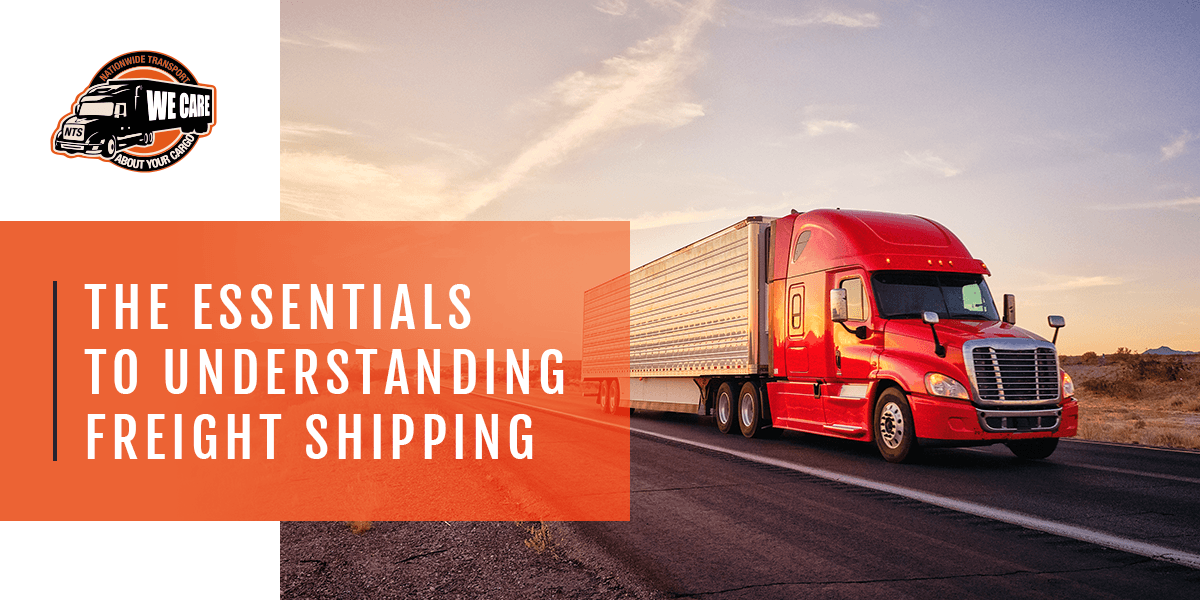Dispatch and Dispatcher
Logistics Term
Dispatch and Dispatcher Definition
Here are the definitions for two key terms in the logistics industry.
Dispatcher
The dispatcher, or shipping agent, often works for a logistics company. These professionals ensure everything works smoothly throughout the delivery process. A dispatcher receives a call from a customer who requires a freight shipment. They gather all the details, provide a quote and dispatch the load to the appropriate driver if the client agrees to the price.
During delivery, these experts are the main point of contact for drivers and clients. Delivery dispatchers have all the information about routes and delivery times and transmit this information to ensure everyone stays informed.
A dispatcher's primary responsibilities include:
- Receiving calls from drivers and customers and recording significant information.
- Taking dispatch orders for products and arranging deliveries based on the details.
- Monitoring the route and status of field units to coordinate an effective schedule.
- Updating customers and drivers with relevant information throughout the logistics dispatching process.
Dispatch
Dispatch means the freight is ready for transport to its intended destination. The term refers to the entire process of preparing, moving and delivering goods to their recipient once they're ready for transport. The process begins when the shipping agent, or the dispatcher, requests a driver with the proper trailer to pick up the cargo. The dispatcher receives an estimated pickup time, which they relay to the customer. When the driver arrives, they load the freight and debark.
The term may also refer to a specific time during the logistics process when dispatchers assign a load to a carrier. Dispatchers choose these carriers based on the details that customers provide about their loads.
The dispatch process requires meticulous planning and monitoring to create optimized transport routes and efficient schedules. An effective dispatch process will maximize the use of resources, reduce costs and ensure timely deliveries. In other words, it provides a smooth flow of products from origin to destination.
What A Dispatcher Needs Properly Dispatch Freight
A dispatcher's job is to create a smooth process for dispatching logistics. To do their job properly, they must know several details about the loads they arrange transport for. Information the dispatcher requires includes:
- Freight type: This information tells the dispatcher the item they will transport so they can plan accordingly.
- Freight specs: Details about height, length, width and weight allow for the proper transport trailer.
- Origin: Dispatchers need to know where the load starts so they know where to arrange pickup.
- Destination: This information supports dispatcher logistics by telling these experts where the load will go.
- Load assistance requirements: Customers must tell dispatchers if they need special assistance in loading cargo.
- Special amenities: Dispatchers must know if customers require additional support, like pilot cars, during transport.
The more information the customer provides the dispatcher, the more accurate the shipping quote. Plus, they can ensure the best driver and trailer to ship the cargo.

or